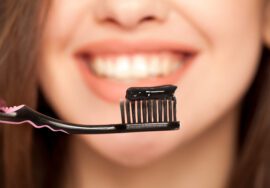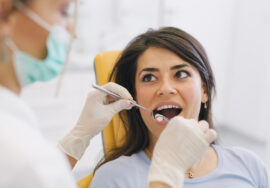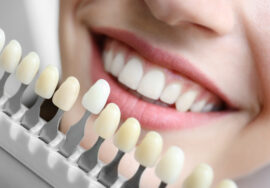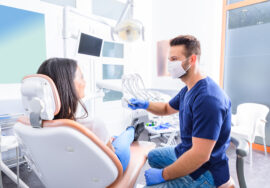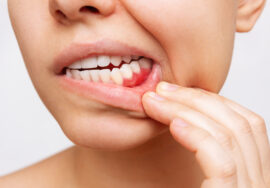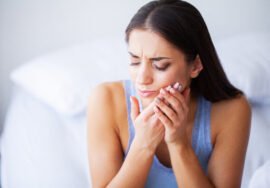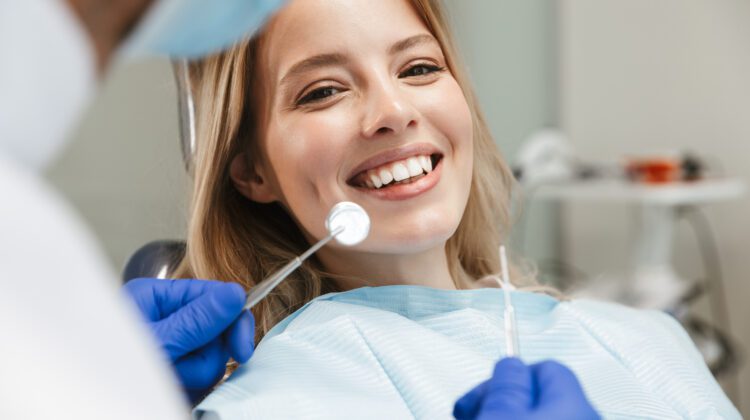
Dry Mouth
Also known as Xerostomia.
In our practice, we most frequently get questions about dry mouth. Every week we meet somebody with dry mouth or with concerns about dry mouth. Everyone’s mouth could be dry at one point or another, but problems usually start if your mouth is constantly dry which is when you need to seek treatment.
Dry mouth has many risks. Decreased saliva flow leads to gum disease and tooth decay. Your saliva constantly hydrates your mouth and neutralizes the acidity and kills the bacteria in your mouth. The drier your mouth, the more prone you will be to getting cavities. Certain medications and health condition can be the cause of your dry mouth. Medications that treat anxiety, depression, allergies (antihistamines), and asthma are only a few of the medications that cause dry mouth. People using oral steroids are also more prone to fungal infections in their mouth. You should rinse your mouth thoroughly after using a steroid based inhaler.
Side effects of certain diseases like diabetes, hypertension, Parkinson’s disease, and Sjogren’s syndrome can also cause dry mouth.
Diet can also be another cause of dry mouth. Salty foods, caffeinated beverages and tea in excess cause dry mouth. The key is to drink plenty of water!
Common symptoms includes:
- A sticky, dry feeling in the mouth
- Frequent thirst
- Sores in the mouth; sores or split skin at the corners of the mouth; cracked lips
- A dry feeling in the throat
- A burning or tingling sensation in the mouth and especially on the tongue
- A dry, red, raw tongue
- Problems speaking or trouble tasting, chewing, and swallowing
- Hoarseness, dry nasal passages, sore throat
- Bad breath
If you are experiencing dry mouth you need to contact your physician or dentist as soon as possible. Remember regular dental checkups and cleanings are key to a healthy mouth.
Fun fact about saliva, did you know that normally the body makes up to 2 – 4 pints of saliva a day! Usually, the body makes the most saliva in the late afternoon. It makes the least amount at night.
Please call us with any questions or concerns you may have.

